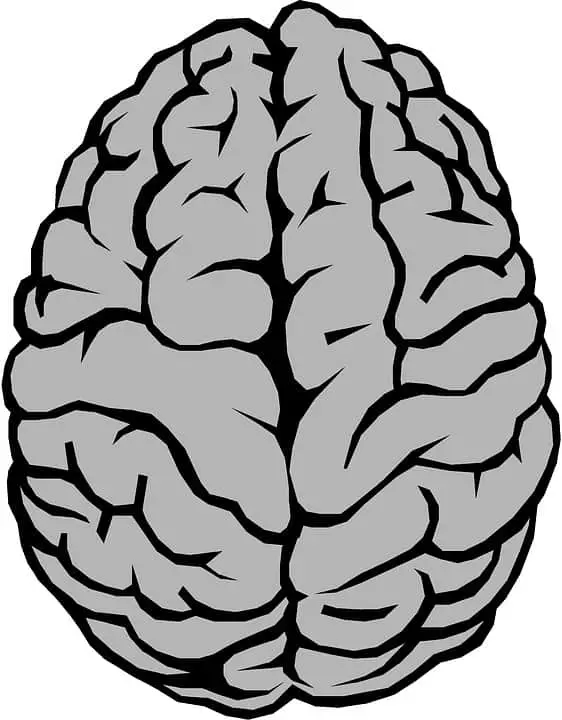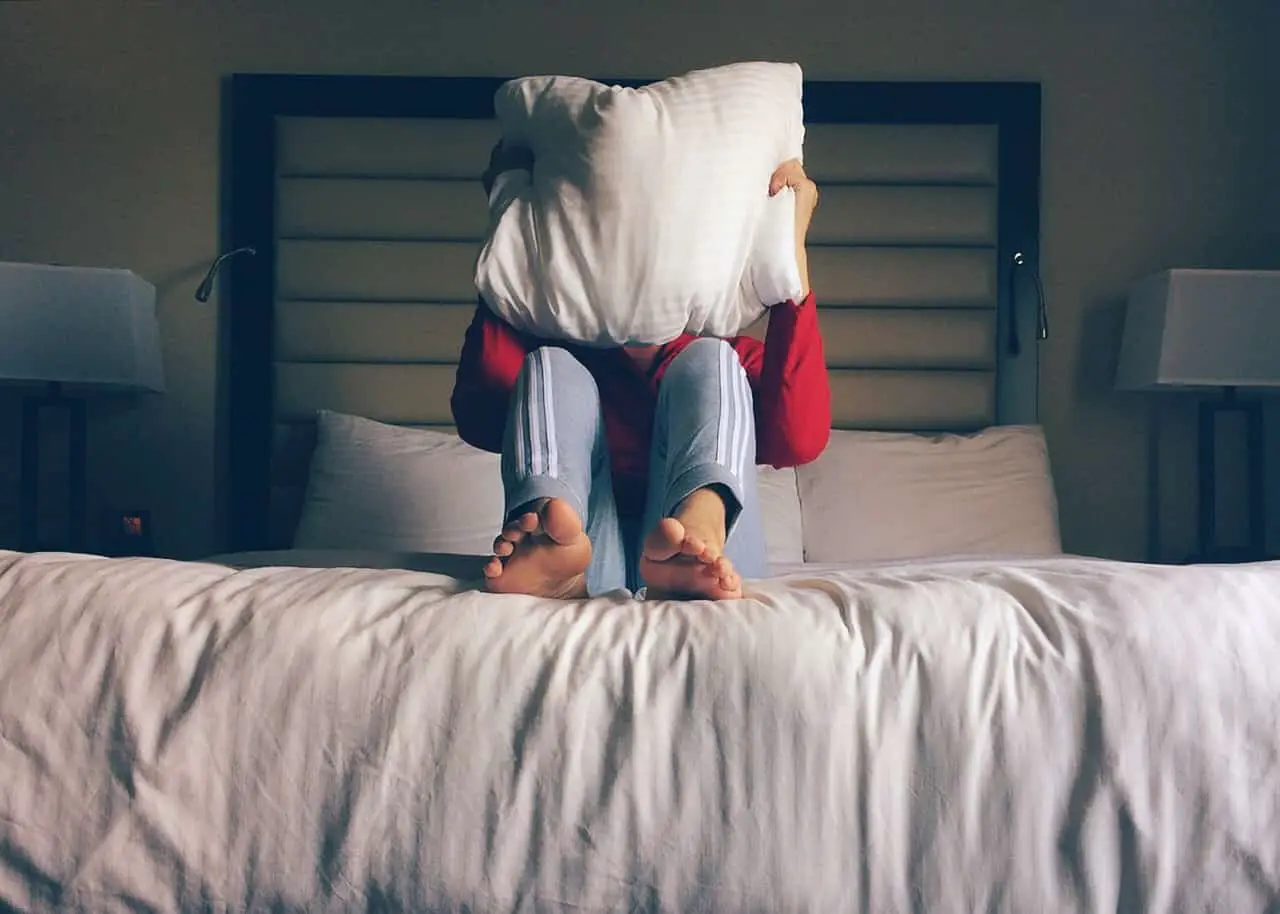Why do you always seem to sleep terribly during the first night when you go to a hotel or new place? Science knows why. Note that if you are also sleeping terribly at home, you just have a bad mattress. Read our online mattress reviews to find a comfortable mattress.
You go to a new place – be it a hotel, a friend’s house or a new apartment – and the first night is terrible. You struggle to fall asleep and even when you do you keep waking up to every little noise.
In the morning, you feel tired and groggy.
If you’ve ever experienced such a phenomenon, you are not alone. Almost everyone experiences it too and scientists think it is evolutionary. Sleep researchers call it the first-night effect.
Half Asleep
They first discovered it decades ago when they were conducting sleep studies in laboratories. Participants for the study would come in for testing but they slept so poorly on the first night that the researchers had to throw out any data they collected.
They had to wait until the second day when they would sleep much better.
Scientists did an experiment to further investigate this sleeping pattern. What they found was surprising and a bit crazy.

They tested for slow-wave sleep, a period of deep sleep characterized by slow synchronized waves from the brain’s EEG activity.
They found that on that first night there was more slow-wave activity on the right hemisphere of the brain than on the left. In other words, one half of the brain was more awake and alert than the other. The participants were literally half asleep.
To prove that one half of the brain was actually more awake than the other they played two sounds while the study participants slept. They first got the brain used to one sound and then suddenly changed the pitch. Only the left half of the brain responded to the new sound.
They then played a sound loud enough to wake the participants. They found that when they played the sound in the right ear (which is connected to the left hemisphere) the participants woke up more quickly.
Interestingly, this difference between the hemispheres had faded by the second night and the participants slept much more soundly. That's why by the second night in a hotel you'll often find you sleep better.
Evolution

This was the first time researchers were able to demonstrate the brain’s ability to stay half-awake. But it fits in perfectly with what you’d expect after thousands of years of evolution.
In fact, it is a phenomenon commonly observed in animals such as dolphins and some birds. They have an uncanny ability to sleep while also remaining alert to their environment.
Of course our ability to stay half-awake has been dulled over time but we still have automatic reactions that go back to a time when there were predators all around us.
When you go to a new place, your brain doesn’t trust it. To keep you safe it keeps one half of the brain more alert to watch out for any potential danger.
Groggy and Tired
If you’ve ever woken up on the first day of your vacation feeling so tired as if you’ve not slept well it’s because you haven’t. Your brain, half your brain that is, was on alert through the night.
What can you do about it?
Not much. It is an involuntary reaction and there is little you can do to avoid it. Just don’t make the situation worse by worrying about it. Anxiety is even worse for sleep.
Just go to sleep and try to go through tomorrow on half a brain of sleep.
If you are travelling for a business meeting, get to your destination a couple of days before. This will give your brain time to get over the ‘first-night’ effect. You’ll feel much better and more refreshed on the second morning.
Affiliate Disclosure
Affiliate Disclosure: I may earn a small commission (at no cost to you) if you purchase a mattress after clicking a referral link or using a coupon code on this site. That said, all content and opinions on this site are my own and are NOT affected by these payments.
This site participates in the Amazon Services LLC Associates Program, an affiliate advertising program designed to provide a means for sites to earn advertising fees by advertising and linking to Amazon.com.
*Amazon and the Amazon logo are trademarks of Amazon.com, Inc, or its affiliates.

